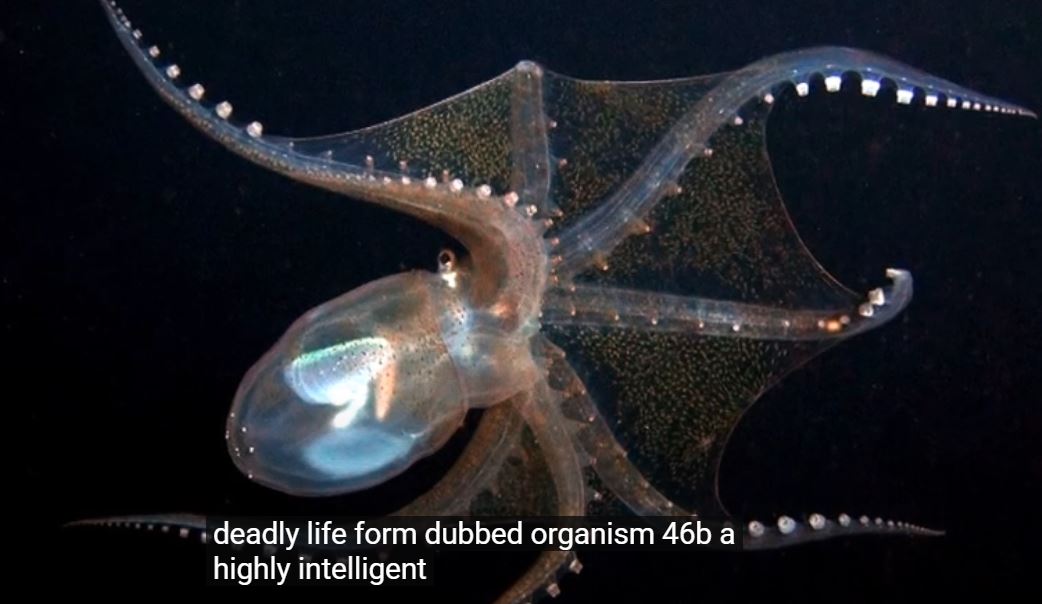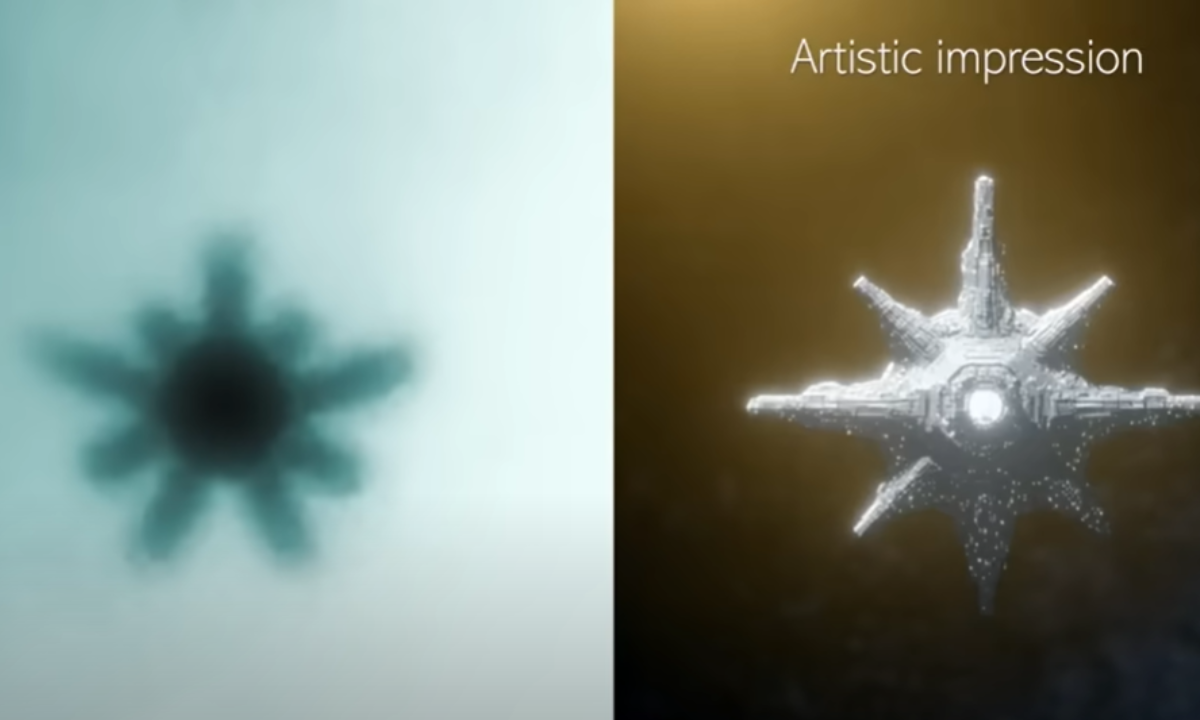**Headline: “Under the Ice: Russian Scientist Unveils Chilling Encounter with Deadly Antarctic Creature”**

In a revelation that sounds like it was ripped straight from the pages of a sci-fi thriller, a defecting Russian scientist has come forward with a shocking account of a perilous expedition beneath the Antarctic ice, where his team allegedly encountered a highly intelligent and lethal life form dubbed “Organism 46b.” Dr. Anton Padala, who recently sought asylum in Switzerland, claims that the bizarre creature, resembling an octopus with 14 arms, not only disabled their communication but also claimed the lives of three of his colleagues during a harrowing five-day ordeal in Lake Vostok, a freshwater body sealed off from the world for millions of years.
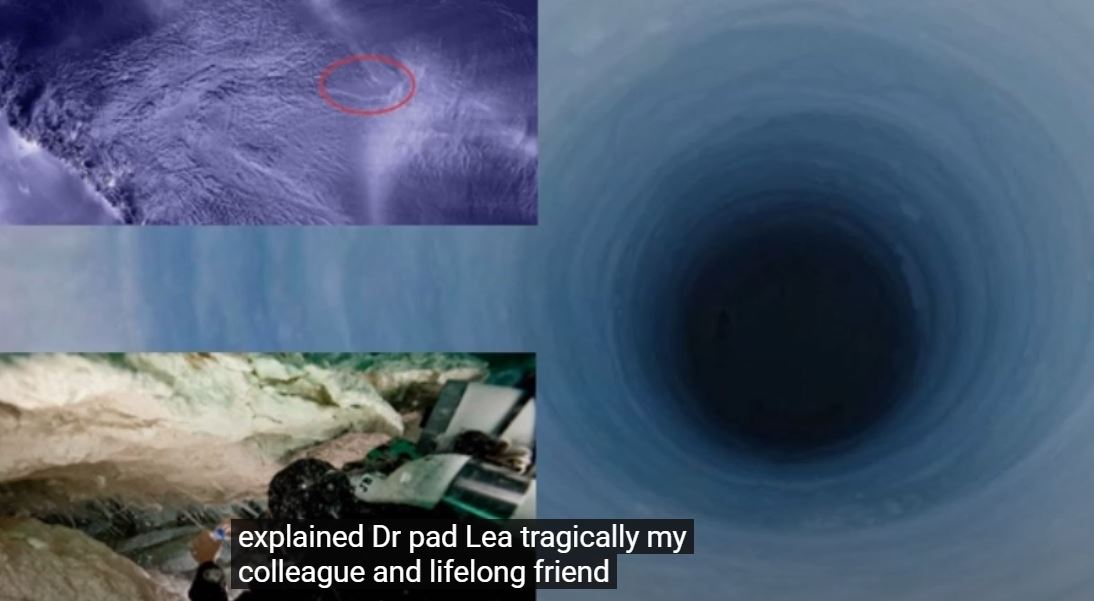
According to Dr. Padala, the expedition, which took over 30 years to plan, culminated in the drilling of more than two miles of ice to reach Lake Vostok, where scientists had anticipated discovering unique species evolved in isolation. What they found, however, was far more sinister. The Russian government, led by President Vladimir Putin, allegedly downplayed the significance of their findings, with claims that nothing of interest was discovered, possibly to keep the organism’s potential military applications under wraps.
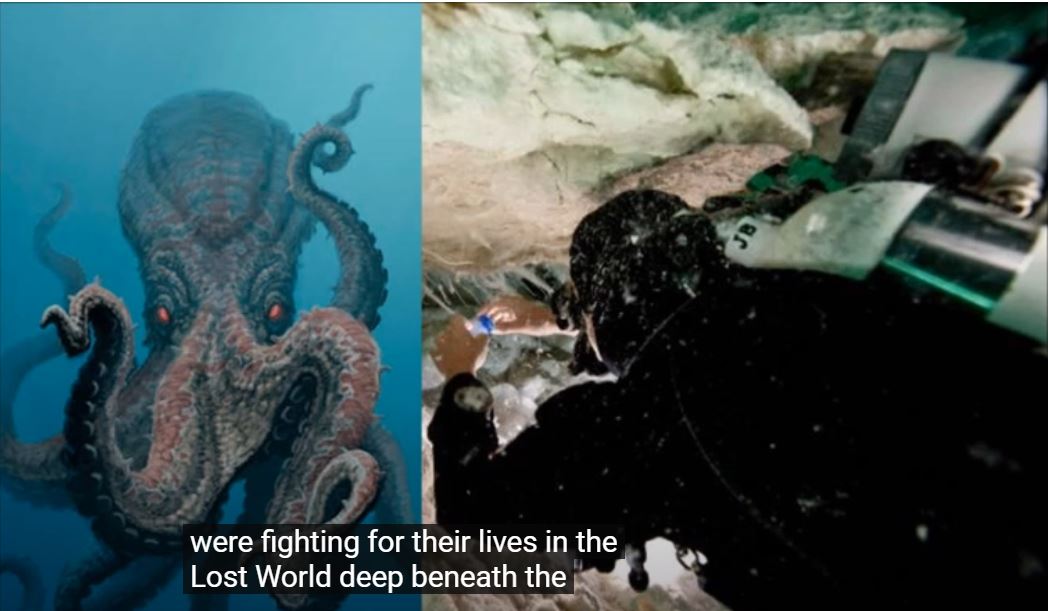
The expedition began in early February 2012, when the team successfully drilled into the ancient lake. As they descended into this uncharted territory, they encountered Organism 46b, which Dr. Padala describes as a “maneater” capable of paralyzing its prey from a distance of 150 feet. The creature’s deadly tactics mirror those of a common octopus, but with a terrifying twist: it can hypnotize its victims, rendering them helpless before delivering a gruesome fate. Dr. Padala recounted a chilling moment when his friend, Dr. Vinda Gradu, fell victim to the creature’s deadly allure, only to be gruesomely devoured before their eyes.
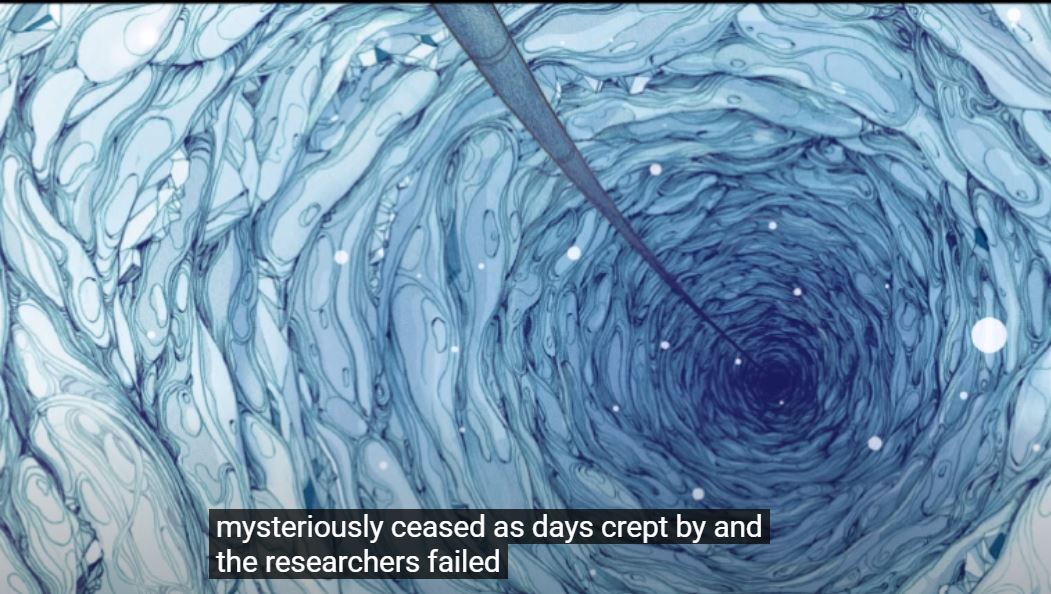
What sets Organism 46b apart is not just its lethal abilities but its extraordinary intelligence. The creature demonstrated a level of cunning that led the scientists to believe it was as smart as an average human. Dr. Padala noted that it adapted to their tactics, evading capture with alarming ease. In one instance, after a female researcher managed to sever one of its arms, the detached limb retaliated by snatching away her weapon and later attacked her as she slept.
After surviving the encounter, the remaining members of the team managed to capture the creature in a tank, only to face immediate orders from their superiors to seal the borehole and deny any significant findings. Dr. Padala expressed his dismay at the Russian government’s dismissal of their discovery, stating that they expected to be celebrated for their groundbreaking work, not silenced.

The implications of such a discovery are staggering. Dr. Padala warned that if the Russian government were to weaponize the organism, the consequences could be dire, with the potential for widespread ecological disruption. The government’s response has been to label the scientist’s claims as “preposterous,” but the chilling details of his account have already sparked international intrigue and skepticism.
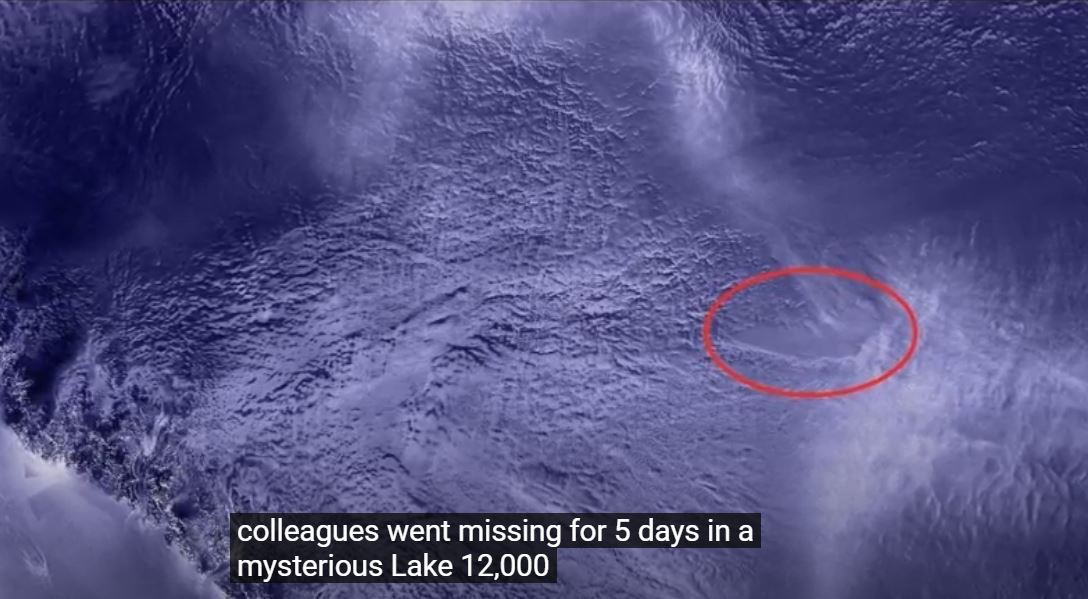
As this story continues to unfold, the world watches with bated breath. Could there be a hidden truth lurking beneath the Antarctic ice, waiting to be uncovered? One thing is clear: the depths of Lake Vostok may hold secrets that are better left undisturbed. As scientists and governments grapple with the implications of Dr. Padala’s revelations, the question remains—what other mysteries lie beneath the icy surface of our planet?
